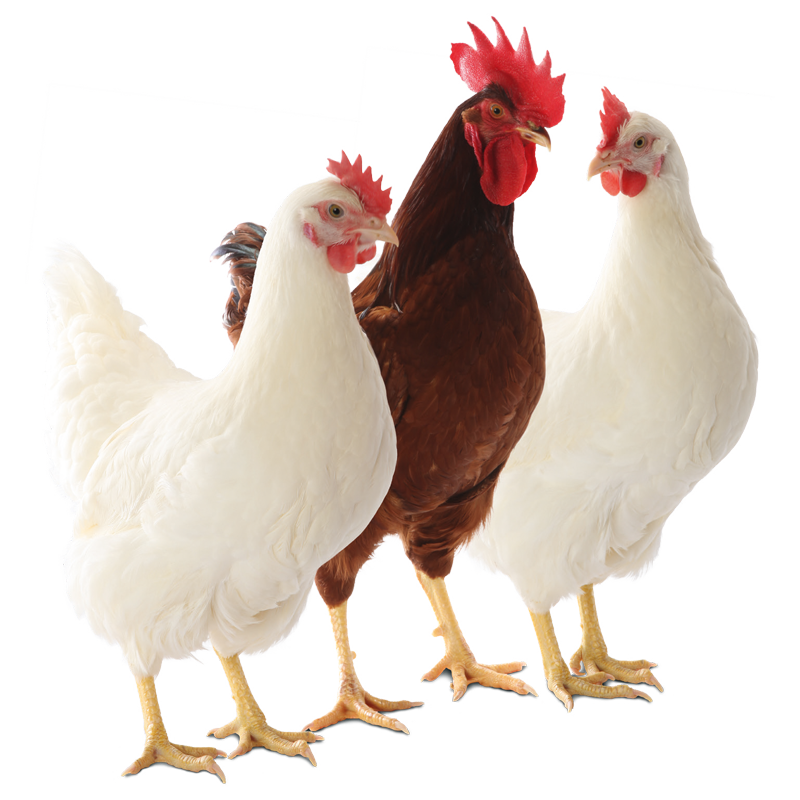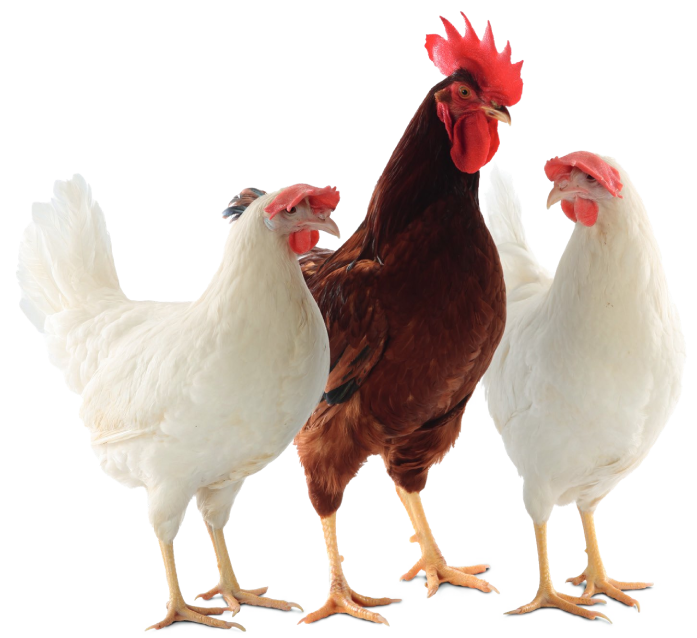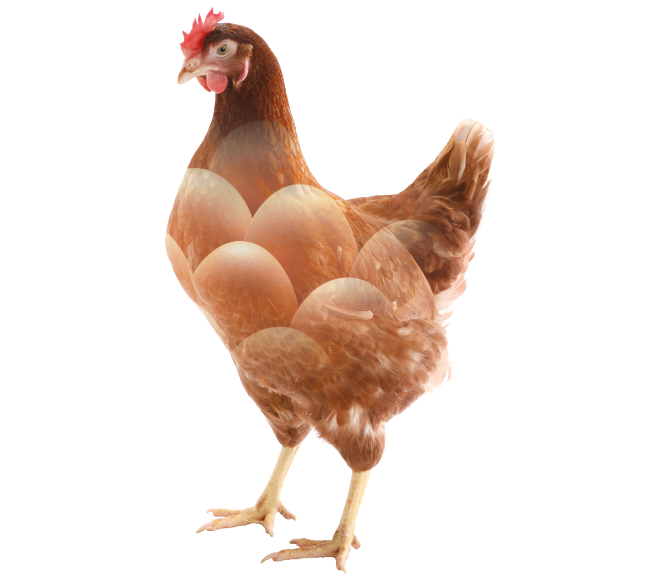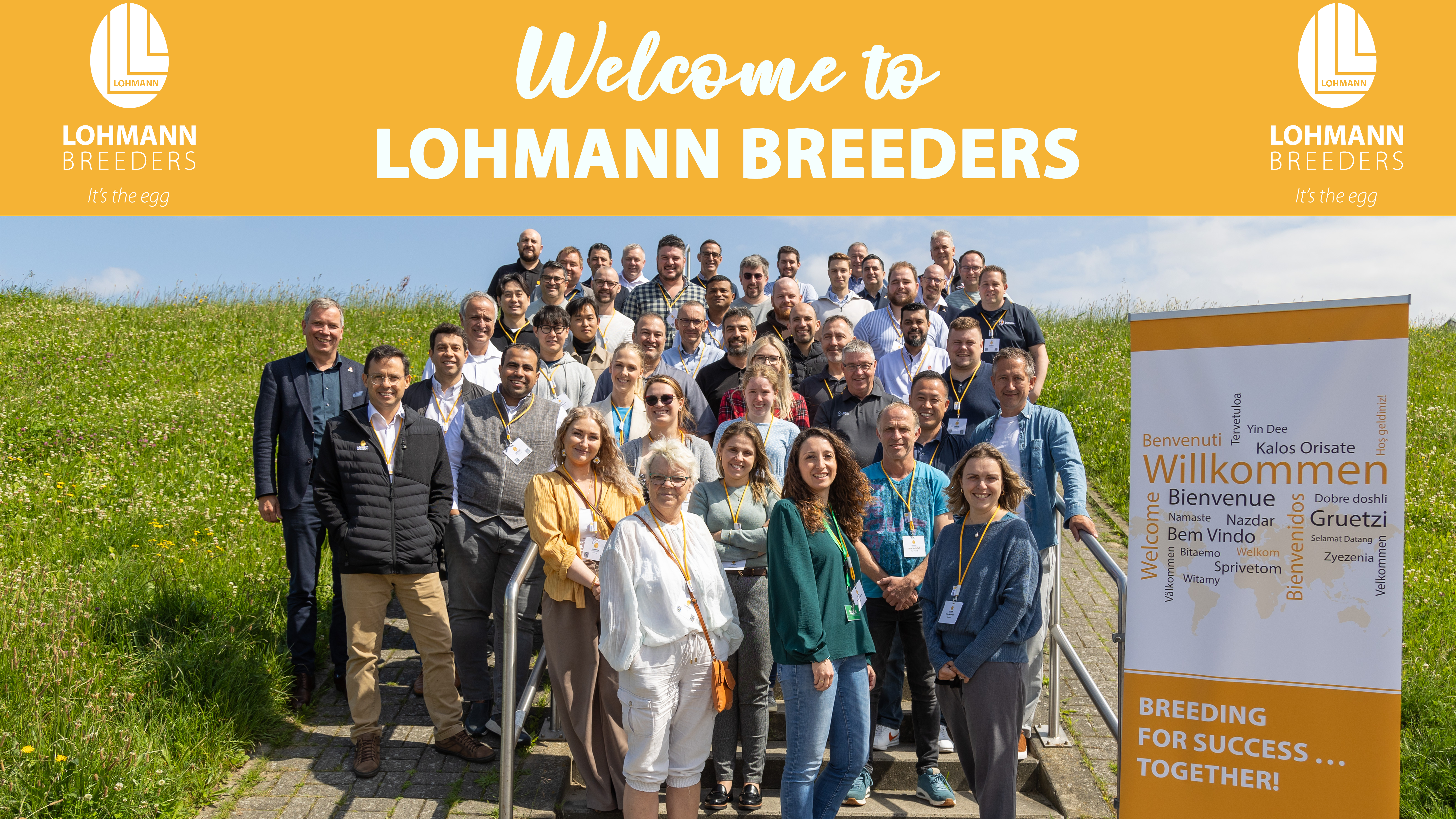For layer type breeds
Layer type breeds are being fed predominantly with mash feed – based on a worldwide view. One of the basic reasons will be the lowest cost in production – as mash feed – compared to others like pelleted, crumbled or expanded physical form.
There are some more reasons – from birds’ point of view – that mash feed will be the best physical version of compound feed for layer type breeds:
› birds like to search within feed – mash feed o ers some opportunities
› birds being kept busy – and won’t be interested too much in their colleagues in terms of “unwanted” behavior, like aggressive pecking or cannibalism
› it’s easy to incorporate real coarse limestone (source of calcium) – as most important tool for good egg shell quality
› no impairment of feed supplements like sensitive vitamins or enzymes
› no changes from insoluble NSP into soluble NSP – which cause an unstable digestion and gut situation
From a technical point of view mash feed production needs some basic request as there are:
› suitable raw materials (no powdery ones)
› optimal grinding technique for raw materials – for instance roller mill grinding
› technicians in the feed production need to be trained on birds’ view of optimal mash feed structure
› the quality of mash feed must be checked regularly with a sieve analysis equipment
› everybody involved in the production needs to accept, that homogeneity is the overall target with as less as possible variation from one production lot to another – because birds don’t like huge changes
› in order to support homogeneity and reduce segregation, mash feed should always have a minimum level of added oil or fat in the recipe
Finally it should be mentioned that pelleted or crumbled feed for layer type birds has some typical disadvantages:
› it will never have real coarse limestone inside the pellets / crumbled particles
› if pellets / crumbles break down, always real powdery nes show up, which birds absolutely don’t like and even might refuse to eat at all
› birds spend less time in eating activity and tend to develop “unwanted” behavior
› it occurs repeatedly all over the world, that the single particles of a pelleted or crumbled feed are too hard and too sharp – with the consequence, that birds refuse to eat those particles at all. This topic is of very high relevance especially with regard to starter feed for day old chicks and might be one reason for high mortality during brooding period.
› pelleted / crumbled feed will be more costly in production process at all times – compared to mash feed
Robert Pottgüter Technical Service






